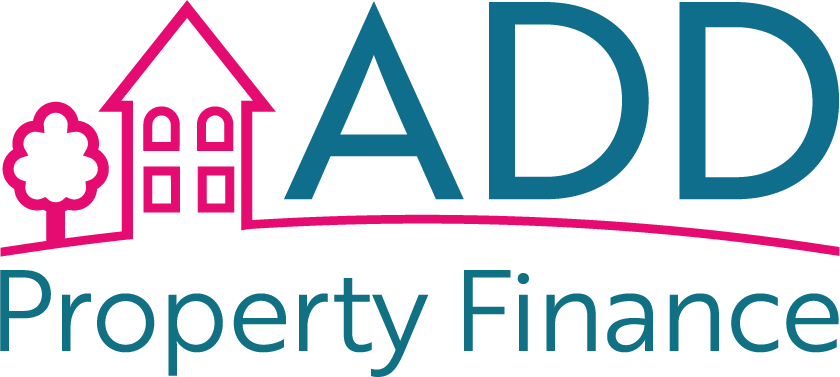For self-employed individuals in the UK, entering the buy-to-let property market can be a promising investment opportunity. Owning rental properties can provide a source of income and potential capital appreciation. However, it’s essential to understand the unique considerations and financial aspects associated with self-employed mortgages in the buy-to-let market. In this article, we’ll explore the opportunities and considerations for self-employed individuals looking to invest in buy-to-let properties.
Opportunities in the Buy-to-Let Market
- Rental Income: Buy-to-let properties offer the potential for a regular rental income stream. This income can help self-employed individuals diversify their earnings.
- Asset Appreciation: Over time, the value of your buy-to-let property may appreciate, providing an opportunity for capital growth.
- Portfolio Diversification: Investing in multiple buy-to-let properties can diversify your investment portfolio, reducing risk.
- Tax Benefits: There are various tax advantages associated with buy-to-let investments, including mortgage interest relief and the ability to offset certain expenses against rental income.
Considerations for Self-Employed Mortgages in the Buy-to-Let Market
- Mortgage Eligibility: Self-employed individuals may face stricter mortgage eligibility criteria. Lenders often require evidence of stable rental income or a robust business plan.
- Deposit Requirements: Typically, buy-to-let mortgages require a higher deposit than residential mortgages. Self-employed individuals should be prepared to provide a substantial deposit.
- Rental Income Assessment: Lenders assess your ability to cover mortgage repayments based on the rental income you expect to receive. A rental income assessment is a crucial part of the application process.
- Business Structure: The structure of your self-employed business may impact your eligibility for a buy-to-let mortgage. Limited companies may have different options than sole traders.
- Interest Rates: Buy-to-let mortgage interest rates can be higher than residential rates. Self-employed individuals should compare rates from various lenders to find the most competitive option.
- Property Management: Consider whether you’ll manage the property yourself or hire a property management company. This decision can impact your expenses and time commitment.
- Regulations and Legal Obligations: Buy-to-let landlords must adhere to various regulations, including safety standards, tenancy agreements, and tax reporting. Self-employed individuals should familiarise themselves with these requirements.
Financial Planning for Buy-to-Let Investments
- Budgeting: Calculate all costs associated with buy-to-let ownership, including mortgage payments, property maintenance, insurance, and taxes. Ensure your budget can accommodate these expenses.
- Market Research: Conduct thorough market research to identify areas with strong rental demand and potential for capital growth.
- Exit Strategy: Consider your long-term goals for the investment. Are you looking for a steady income stream, capital appreciation, or a combination of both?
- Professional Advice: Work with a mortgage adviser experienced in self-employed applications and consult with property professionals to navigate the buy-to-let market successfully.
Conclusion
Investing in buy-to-let properties as a self-employed individual offers opportunities for income generation and wealth building. However, it’s essential to approach this venture with careful planning and consideration of the unique financial aspects and responsibilities involved. By understanding the opportunities and challenges, self-employed individuals can make informed decisions to build a successful buy-to-let property portfolio.







